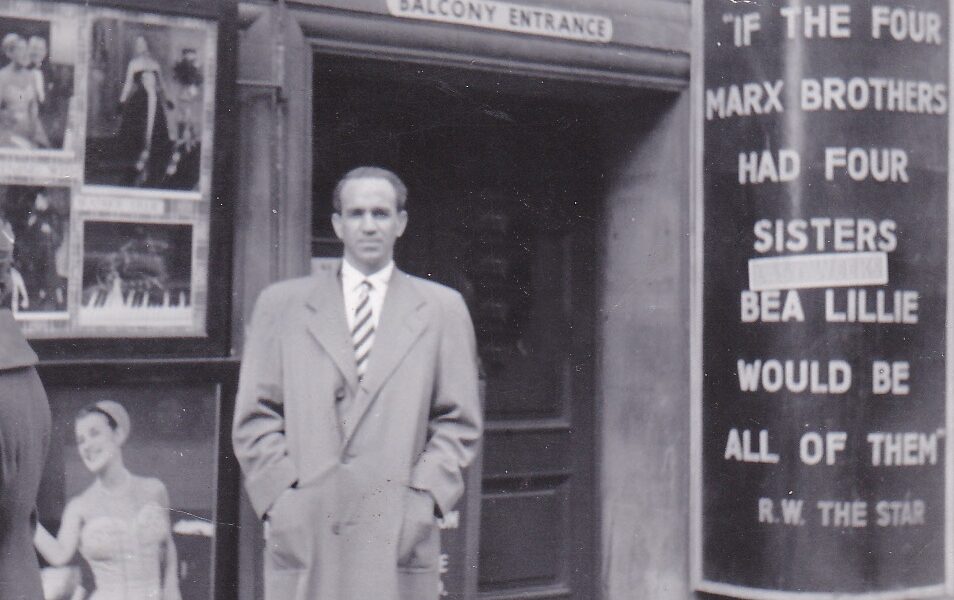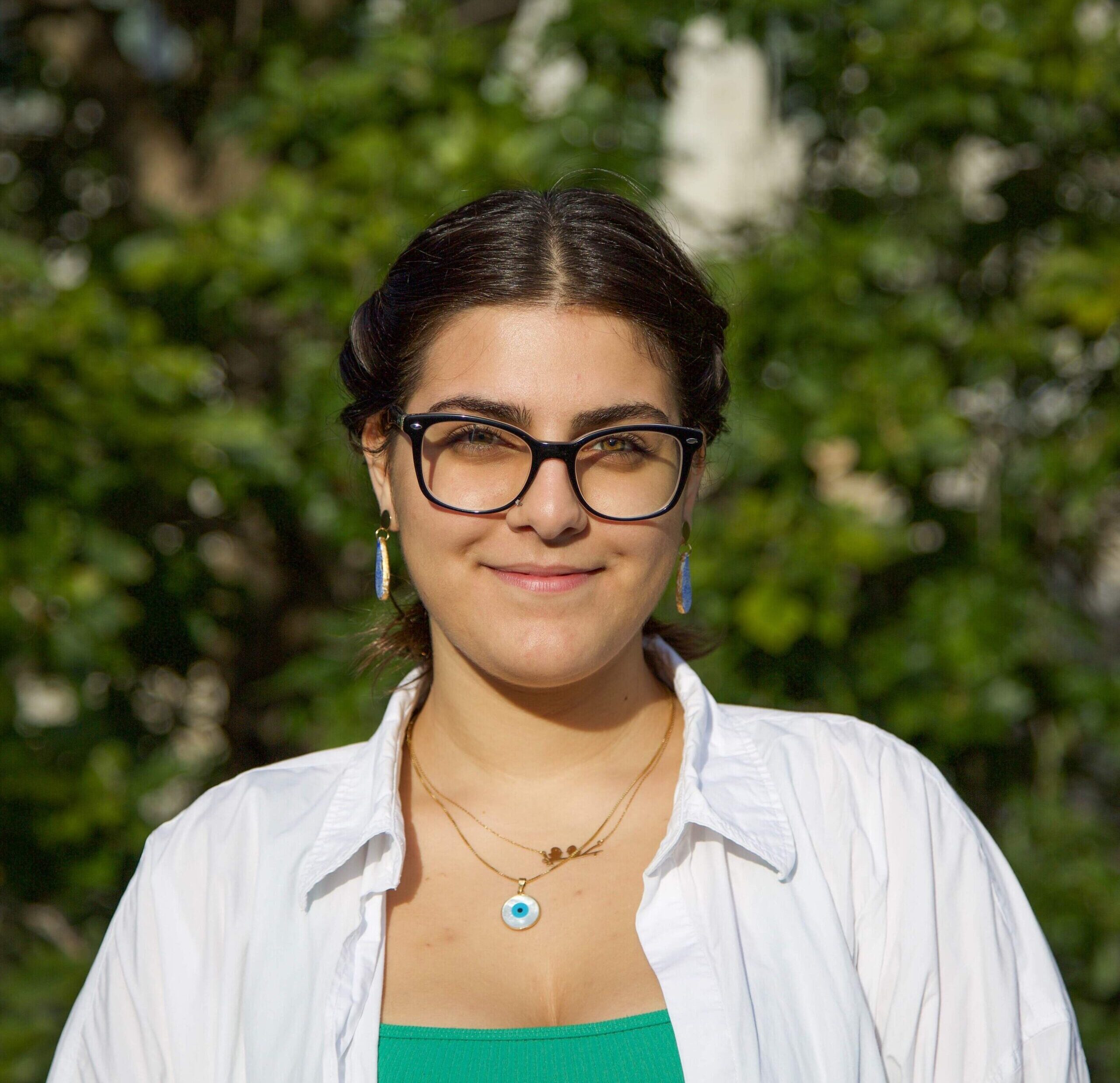Content Warning: Descriptions of medical abuse, physical abuse, and psychological torture
Charles Tanny visited the Allan Memorial Institute, a research and psychiatric centre operated by McGill’s Royal Victoria Hospital, in August 1957. He was referred to the Allan after experiencing pain in his face, a condition his family doctor believed was psychosomatic—Charles suffered from trigeminal neuralgia, a neuropathic condition—rather than a psychological one.
Nearly seven decades later, Charles’s daughter, Julie Tanny, is now the lead plaintiff in a class action lawsuit against McGill, the Royal Victoria Hospital, the Canadian government, and the U.S. Central Intelligence Agency (CIA). Tanny, along with hundreds of other plaintiffs, alleges that the Allan conducted psychological experimentation on unconsenting patients between 1943 and 1964.
From 1957 to 1964, the CIA funded 89 institutions that researched mind control and brainwashing techniques in a project known as MK ULTRA. Subproject 68, one of 144, took place at the Allan under the supervision of psychiatry professor Donald Ewen Cameron. Tanny’s lawsuit alleges that the experiments started in 1943 when McGill hired Cameron as the founding director of the Allan, years before the CIA’s involvement.
Cameron, whose research focused on the causes of mental illnesses such as schizophrenia, believed that mentally ill patients could be “depatterned” through prolonged comas, large doses of psychedelic drugs such as LSD, and extreme electroconvulsive therapy (ECT). After “depatterning”—which resulted in memory erasure, acute confusion, and/or losing bladder and bowel control—Cameron believed patients could be re-taught healthy behaviour through “psychic driving,” a process during which patients were sedated and subjected to tape recordings of a single sentence on repeat. Tanny, who obtained her father’s medical records in 1977, says her dad was put into an insulin coma and kept asleep for 23 out of 24 hours every day, while a background audio recording played endlessly. The content of the recording was not disclosed in his medical records.
“After the first months, he asked to see my mother, so they wrote in his file that he still had connections to his former life […] so they put him back into treatment for another month,” Tanny told The Tribune. “After the second month, they said that it looked like this was as far as they could take him.”
Charles, Tanny’s father, was also subject to extreme ECT shocks, allegedly administered two to three times per day at 20 to 40 times the normal voltage at the Allan. Tanny says that when Charles returned from the Allan after two and half months of experiments, he had no recollection of his three children.
“My father was a very devoted father [….] Every weekend, he took us to Belmont Park, we went fishing, he built us a skating rink, very attached. And after the experiments, there was zero relationship. He was extremely detached, and that never changed,” Tanny said. “There’s one common thread with a lot of people who were depatterned: They came home quite physically violent and angry. And in my father’s case, he went from a very loving and gentle man to someone who used to hit me regularly.”
Lana Jean Ponting spent a month at the Allan in April 1958. She was admitted because of a court order her parents received after running away from her house at 15 years old. Now 81, she remembers her time at the Allan vividly.
“When I got to the Allan, it was a scary-looking building,” Ponting said in an interview with The Tribune. “When I went in there, I noticed a strange chemical smell. Dr. Cameron assured my parents that he would take care of me. I remember going to sit in Dr. Cameron’s office, he took me to a room where I had one pillow, a mattress, and a blanket. He told me to stay in the room. The nurse came in with a pole and a bag with something in it. She told me to lie down and she put a needle in my arm. I felt funny. And so it began.”
Ponting, who has been on medication since the experiments to offset the side effects, suffers from flashbacks and never spoke of her time at the Allan with anyone, not even her husband. She only recently uncovered that she was a victim of the experiments after her brother noticed an ad about the class action lawsuit in The Montreal Gazette.
Since piecing together her memories of the Allan with her newfound knowledge of the experiments, Ponting has testified in the Kanien’kehà:ka Kahnistensera (Mohawk Mothers)’s ongoing lawsuit against McGill. The Mothers suspect the university’s New Vic site, formerly the Royal Victoria Hospital, holds unmarked Indigenous graves. In an affidavit that was enclosed with a note from her doctor attesting that she is of sound mind and body, Ponting says she saw digging at night as a patient.
“I would sneak out of the Allan at night when I could. I actually saw people with shovels. I could see them because their lights were so bright. And I noticed that [the shovels] had red handles, I will never forget the red handles,” Ponting said.
While most of the plaintiffs are the relatives of victims, Ponting is one of the few living child survivors.
“I’m hoping this lawsuit can bring to the attention of the Canadian people what we suffered,” Ponting said. “I consider what all of us went through as a journey into madness [….] I’m not doing this for myself. I’m doing this for all of the people that have suffered without knowing through the Allan.”
While the class action was filed in 2019, it has yet to be certified—the process through which a lawsuit is approved by a court before proceeding to trial. In March 2021, the United States Attorney General filed a motion to be dismissed as a defendant, claiming it had immunity from lawsuits in Canada at the time of the alleged experiments. The motion was heard and later won in 2022. The plaintiffs have since filed an appeal, which was heard at the Quebec Court of Appeals on March 30, 2023.
Jeff Orenstein, the plaintiffs’ lawyer, says the State Immunity Act, which determines how foreign states can be sued in Canada, is retrospective and can apply to cases before the Act was passed. Orenstein argues that when Canada drafted the Act, it took direction from similar documents in Europe, the U.K., and the U.S. While the British and European documents clearly indicate that their immunity acts are not retroactive, both the American and Canadian immunity acts do not establish whether they apply to instances prior to the policies’ adoptions. Orenstein sees the lack of a specific retrospectivity clause in the Act as an intentional choice.
“Anyone who was a Canadian who was injured on Canadian soil for personal injury has jurisdiction in Canada, without a doubt. And so, if the Act applies, there’s not much else to decide. Clearly, we have jurisdiction in Quebec,” Orenstein told the Tribune. “If Canada didn’t recopy [the retrospectivity clause], they obviously intended it to apply to things that happened in the past.”
As Tanny and Orenstein await an appeals decision from the judges, they are optimistic that they will win based on the questions the judges asked during the March 30 hearing.
“The judges seemed to be quite interested in the retrospectivity debate,” Orenstein said. “It is a serious question that I think will take them some time to work through [….] They’re going to want to take their time to really write a very serious, reasoned judgement, knowing that it might end up in front of nine judges in Ottawa [at the Supreme Court].”
After the U.S.’s status as a defendant is decided, the remaining defendants, including McGill, will have to present their defences for the class action to be certified, a process that Orenstein estimates could take years.
In a statement to Global News in 2019, the McGill University Health Centre (MUHC), which was born from the merger of the Royal Victoria Hospital with four other hospitals in the city, recognized Cameron’s experiments but denied responsibility, claiming that Cameron acted independently and was not an official MUHC employee. The plaintiffs amended their application to list McGill as a defendant instead of the MUHC. The Tribune contacted McGill in light of its involvement in the lawsuit, but was referred to the MUHC, who declined to comment, citing the ongoing nature of the suit.











Glad to see our story. Unfortunately, the other members who trucked down to McGill were not even mentioned.
The Allan Memorial Institute of Psychiatry, the MUHC ( Rotal Victoria Hospital ) McGill University, our Canadian Gov and the U.S. Gov (the CIA )should be held jointly and severally liable for the experiments that exacerbated the mental health of those patients. The ensuing coverup and denials and the total lack of support for those damaged after the fact is a secondary injustice to the Families involved. This is a perfect example of the imbalance of justice of Society, where those in power are not held accountable for their actions So the Doctors of Society, the deans and directors of Universities, politicians were all free to profit from this and walk away unscathed. In the end how has Canada’s “rule of law” done anything for those who were used and abused as patients. Where is their justice? I have a FB page MK ULTRA subProject #68 where family members share stories and Historical information trying to understand how this could have happened to our parents.
I feel you are doing an exceptional job, Ghazal. This is a tough subject to attempt to cover. There are so many untold stories, and so many layers to unravel – it would take a whole team of journalists months of investigation and then they would only be scratching the surface. Archives are needed while many of the original documents have been hidden over 70 years. Imagine having lived through the largest and most notorious experiment on a human population- and not remembering because no one ever talked about it. The families of the victims are living in the aftermath of a major trauma and still sifting through the rubble, too close to the scene of an undisclosed disaster. Does this sound familiar?
We need to go forward as a community to try to understand what happened here, and why it was hidden.
Looking forward to your multi media piece — !
I apologize to Ghazal for my previous comment. I had no idea that our story was going to continue. Thanks so much for your support Ghaza!.
The Tribune Team
How brave to go against the establishment and for that I congratulate you all.
This period of history has been hidden from the world and more importantly the Victims and their families, having to go it alone all these years has been a nightmare and now with your support honesty and integrity we can find some peace.
Yours Truly
Marlene Levenson
We the Orphans of Duplessis have suffered so much lobotomy butchered in the brains of illegitimate children that no one could claim them under the directives of the Sisters of Charity of Providence with the probation of the Minister of Health Canada supervised by Doctor Owen Cameron I have the documents of the billed in the big investigation 1950 to 1954 big book on the subsidies of Mont-Providence and St-Jean-de-Dieu